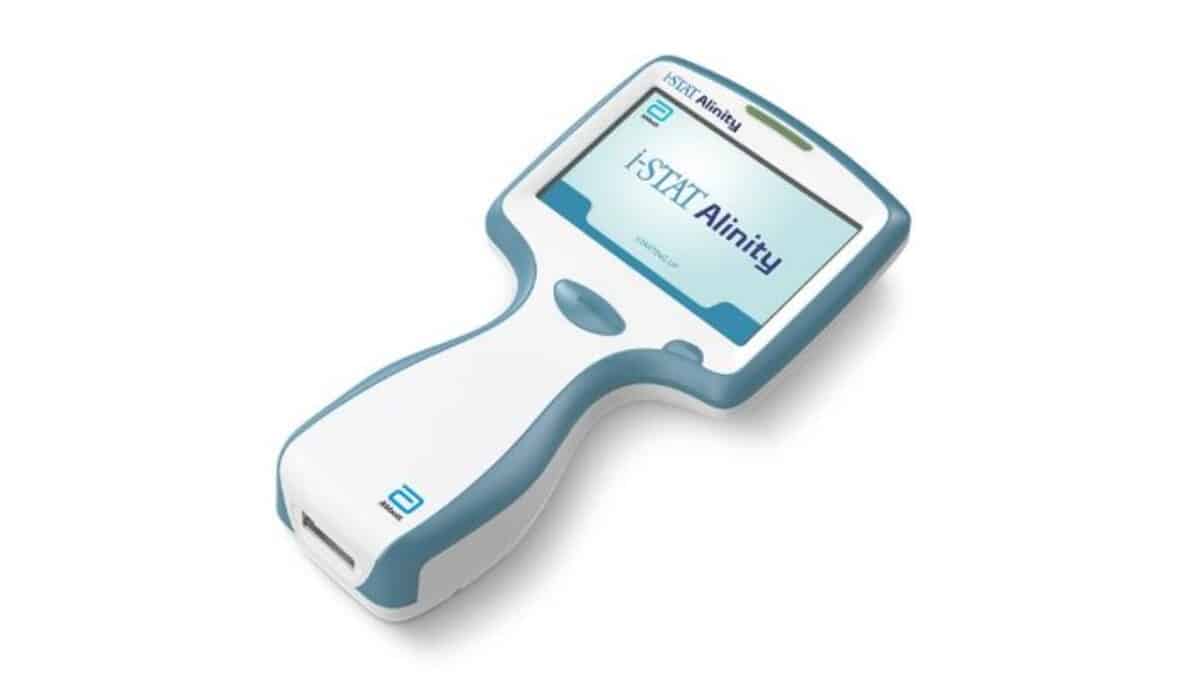By Jamie Laframboise, MSc (OT), OT Reg. (Ont.)
Traumatic brain injuries (TBIs) occur when brain function is disrupted by injury to the head, and they are a leading cause of death and disability worldwide (CDC, 2020).
TBIs vary in severity from mild (commonly diagnosed as concussion), to severe.
With proper diagnosis and treatment, people with mild TBIs are expected to recover within three months post-injury.
Moderate-severe TBIs are commonly diagnosed using imaging tests such as a CT scan or an MRI (FDA, 2019). Mild TBIs are more difficult to accurately diagnose.
Currently, they are diagnosed based on a combination of subjective reports, objective observations of symptoms and functional limitations, screening questionnaires, physical exams, and cognitive assessments conducted by physicians, occupational therapists, and other medical professionals.
As such, many mild TBIs go undetected. With the methods currently available to us, it’s estimated that approximately half of all mTBIs go undiagnosed in the emergency department (Deutschmann, 2021).
When mild TBI goes undiagnosed and untreated, symptoms persist beyond the expected recovery period for many people (Elias, 2018).
This is known as Post Concussion Syndrome, which is when the physical, cognitive, and emotional symptoms of mTBI persist 3 months after the accident, resulting in ongoing functional difficulties (Concussion Legacy Foundation, n.d.).
Occupational Therapists at GLA Rehab see these functional challenges persist in their clients’ daily lives for years following their accidents.
Clients experience reduced independence in their activities of daily living including those related to self-care, work, school, leisure, driving, and socialization.
The challenges associated with detecting, diagnosing, and treating mild TBI are especially concerning, given the fact that 90% of all brain injuries are mild (Elias, 2018).
New research led by Dr. Beth McQuiston (M. D., R. D.) at Abbott Point of Care Inc., a company that manufactures and markets diagnostic products, has the potential to revolutionize the way mild TBIs are diagnosed.
The new iStat Alinity, which some are calling a “blood test for the brain”, is a handheld device which can quickly and objectively detect the presence of a mild TBI by drawing a sample of blood and testing it for molecular markers that are released by the brain when trauma occurs (Deutschmann, 2021).
If Canada approves the iStat Alinity device for use like our neighbours in the USA have, it has the potential to benefit the thousands of people who sustain mild TBIs every year.
It’s a cost-effective, accurate, and radiation free alternative to diagnosing moderate-severe TBIs and could potentially enable quick and accurate identification of the thousands of mild TBIs that go undiagnosed every year to allow people to access treatment so they can continue to meet the demands of their daily lives (Deutschmann, 2021).
References
Centers for Disease Control and Prevention. (2020, August 28). Traumatic brain injury & concussion. https://www.cdc.gov/traumaticbraininjury/index.html#:~:text=CDC%20defines%20a%20traumatic%20brain,head%2C%20or%20penetrating%20head%20injury.).
Concussion Legacy Foundation. (n.d.). What is PCS? https://concussionfoundation.org/PCS-resources/what-is-PCS?gclid=EAIaIQobChMIm7WqocLs7gIVtwiICR1B6Q3kEAAYASAAEgJePPD_BwE
Cyrus et al., (2014). Clinical utility of SPECT neuroimaging in the diagnosis and treatment of traumatic brain injury: A systematic review. PLoS One, 9(3). doi:10.1371/journal.pone.0091088
Deutschmann, R. (2021). Experts call new TBI test a “game changer”. Deutschmann Personal Injury & Disability Law. https://www.deutschmannlaw.com/blog/post/experts-call-new-tbi-test-a-game-changer
Elias, D. (2018). Diagnostic and treatment challenges in mTBI (concussion). [Lecture notes, PowerPoint slides]. CHS & Canadian Concussion Institute. https://oemac.org/wp-content/uploads/2018/09/David-Elias-Diagnostic-and-Treatment-Challenges-in-mTBI-Concussion.pdf
- S. Food & Drug Administration. (2019, March 20). Traumatic brain injury: What to know about symptoms, diagnosis, and treatment. https://www.fda.gov/consumers/consumer-updates/traumatic-brain-injury-what-know-about-symptoms-diagnosis-and-treatment#:~:text=Diagnosis%20of%20TBI&text=Assessment%20usually%20includes%20a%20neurological,tests%20do%20not%20diagnose%20TBI.

